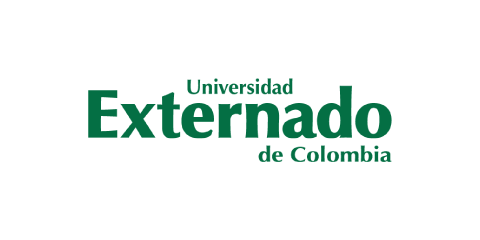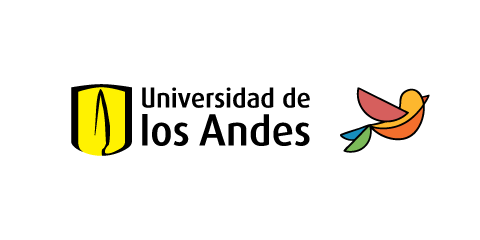About the sponsors
Jardín Botánico de Bogotá “José Celestino Mutis”
The Bogotá Botanical Garden’s mission is to research and conserve the flora of high-Andean and páramo ecosystems, and to manage urban vegetation cover, contributing to the generation, application, and social appropriation of knowledge for climate change adaptation, improved quality of life, and sustainable development in the Capital District and the surrounding region. Since 2017, the Bogotá Botanical Garden has been a member and active data publisher through Colombia’s GBIF node, with over 100 datasets published and nearly 125 biodiversity records, including the Garden’s living collection.
Universidad Externado de Colombia
On February 15, 1886, the Externado of Colombia was founded as a response to absolutism and to the suppression of freedom of teaching imposed by the dictatorship of La Regeneración. The University was founded by the young jurist and educator Nicolás Pinzón Warlosten, with the support of a group of distinguished teachers of radical liberalism, established an institution that, from its beginnings, has fostered the free study and examination of ideas, welcomed students from all regions of the country, upheld respect for religious beliefs and political ideologies, and promoted tolerance as the means to achieve peaceful coexistence within diversity. It was called “Externado” because the new institution was influenced by the most modern European educational centers of the time, which opposed the old boarding-school system of medieval origin—inclined toward indoctrination and unfit for the autonomous development of personality. “Externado” therefore implied openness, freedom of study, and freedom of teaching. Throughout its history, the Externado has upheld the principles and values that inspired its founders. Its rectors have been Nicolás Pinzón Warlosten, Diego Mendoza Pérez, Ricardo Hinestrosa Daza, Fernando Hinestrosa, and Juan Carlos Henao.
Universidad de los Andes
Founded in 1948, Universidad de los Andes (Uniandes) is a private, non-profit institution of higher education based in Bogotá, Colombia, independent from political or religious affiliations. Recognized as a regional leader in academic excellence, inclusion, innovation, and international engagement, the university plays a strategic role in biodiversity data management through its Natural History Museum collections, interdisciplinary research projects, and its active participation as a publisher in the Global Biodiversity Information Facility (GBIF) since 2013. Uniandes also leads initiatives such as Colombia’s first interdisciplinary undergraduate program in Global Environmental Change, while providing high-quality data, promoting international standards, advancing open science, and training new generations of researchers with both local impact and global vision. These efforts enhance the international visibility of Colombia’s biodiversity and ensure that research and scientific dissemination are closely aligned with conservation needs and evidence-based decision-making. Furthermore, through initiatives such as the COP30 Satélite Colombia, Uniandes amplifies the country’s voice in global climate and biodiversity dialogues, strengthening Colombia’s scientific diplomacy and contributing to inclusive, sustainable responses to planetary challenges.
Los Andes also has been a biodiversity data publisher through Colombia’s GBIF node with more than 30 datasets, and nearly 18.000 occurrence records since 2013.



